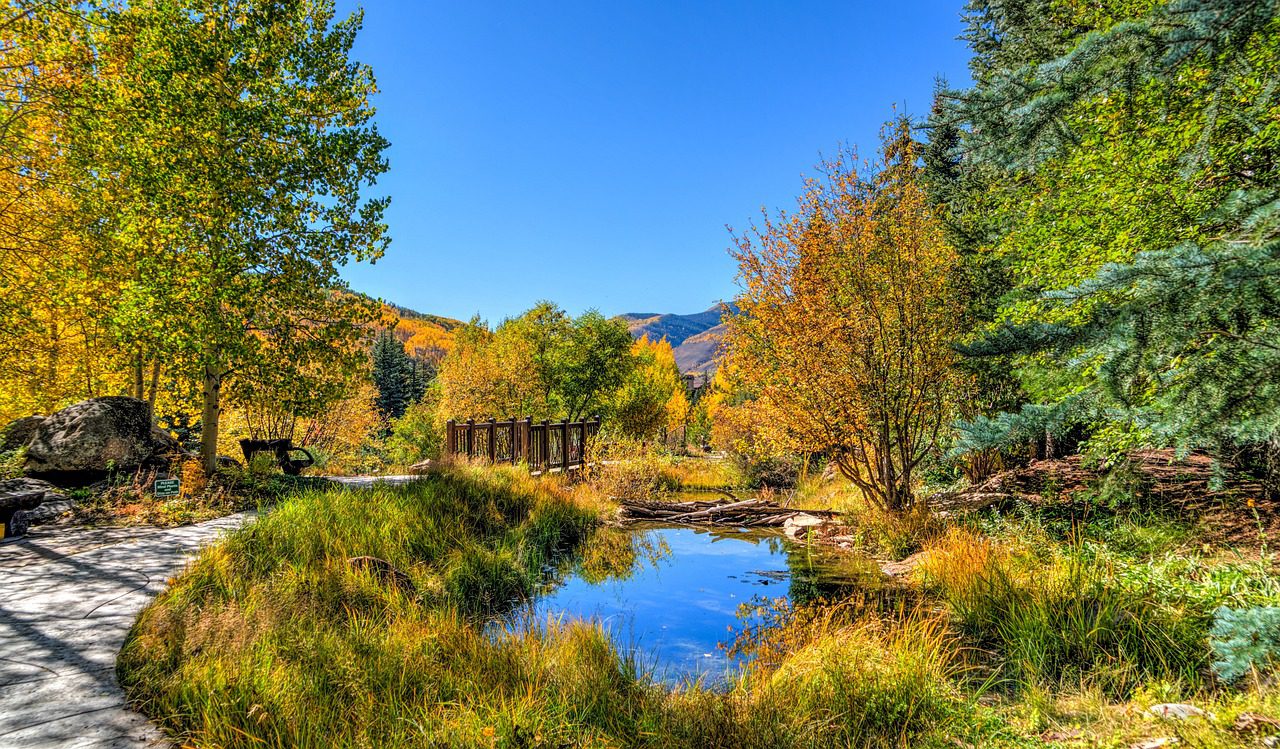December 5, 2023 — Colorado lawmakers are gearing up to address wetlands in their next legislative session, according to a report by Aspen Journalism aired on NPR for Northern Colorado . The focus is on creating state-level legislation to safeguard wetlands in response to a U.S. Supreme Court decision that limited federal protections under the Clean Water Act.
. The focus is on creating state-level legislation to safeguard wetlands in response to a U.S. Supreme Court decision that limited federal protections under the Clean Water Act.
Waters of the U.S. & the Challenge of Defining Wetlands.
For decades, the Environmental Protection Agency’s Clean Water Act has been pivotal in protecting the “Waters of the United States” (WOTUS). However, the definition of WOTUS has been a contentious issue, often changing with different presidential administrations. The Supreme Court’s decision in the case of Sackett v. EPA narrowed the definition by excluding wetlands adjacent to streams unless they have a direct surface connection to a stream or a permanent water body. This verdict effectively removed federal protections from over half of Colorado’s wetlands and many ephemeral streams.
Colorado’s unprotected wetlands include important ecosystems like fens – groundwater-fed wetlands crucial for biodiversity and water filtration. The state’s existing legal framework is deemed inadequate to cover these unprotected areas.
Proposed State-Level Solutions.
In response, the Colorado Department of Public Health and Environment (CDPHE) is proposing a state-level permitting process. This new framework aims to fill the regulatory gap left by the federal ruling. CDPHE has already implemented a temporary policy requiring notices for discharges into state waters and enabling enforcement against unpermitted activities. However, a more permanent program is under consideration.
aims to fill the regulatory gap left by the federal ruling. CDPHE has already implemented a temporary policy requiring notices for discharges into state waters and enabling enforcement against unpermitted activities. However, a more permanent program is under consideration.
Stakeholder Involvement and Program Goals.
CDPHE is actively engaging with various stakeholders, including environmental groups, agricultural interests, and water providers. The goal is to develop a regulatory program that mirrors the level of protection provided by the Clean Water Act before the Sackett v. EPA decision. Stakeholders emphasize the need for a program with clear scope, efficient permitting processes, and alignment with the best wetlands science. They advocate for a balanced approach that protects source waters without extending beyond the previously federally protected scope.
Colorado’s initiative reflects a state-driven effort to preserve critical ecosystems while navigating changing federal regulations. The proposed legislation aims to provide clarity and continuity in environmental protection, focusing on safeguarding vulnerable wetlands and streams crucial for the state’s ecological health and biodiversity.


Leave a Reply